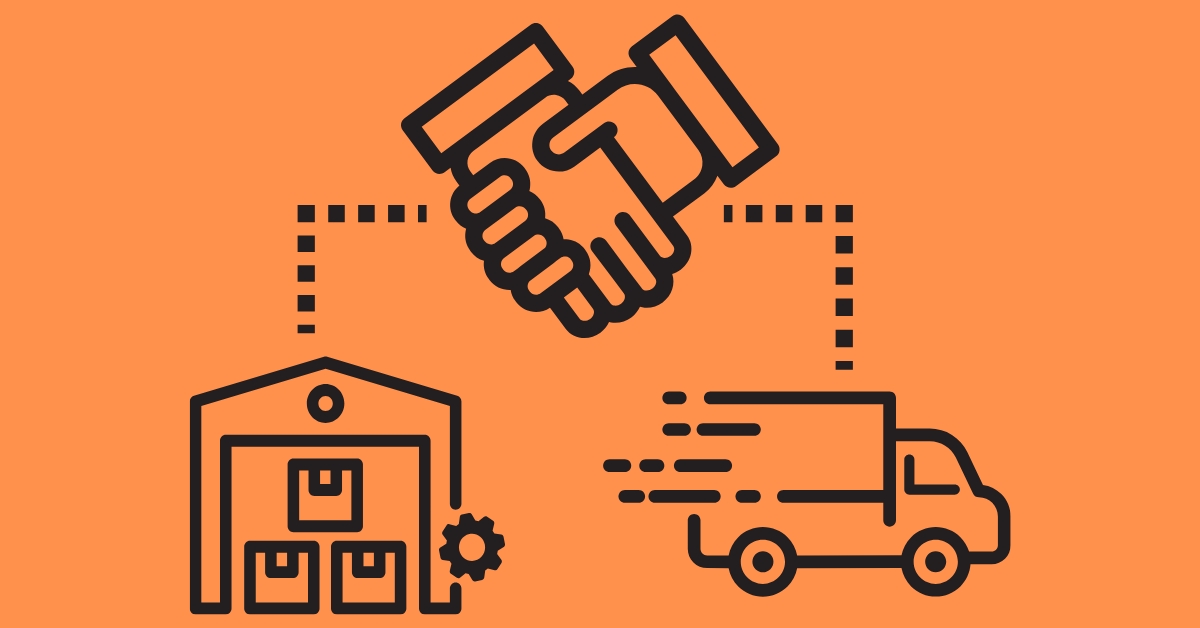Currently Empty: $0

Top Software Tools Used by Forensic Accountants Today
Introduction
Forensic accounting is a critical field that combines accounting, auditing, and investigative skills to uncover financial fraud, embezzlement, and irregularities. Forensic accountants rely on specialized software tools to handle complex financial data that help analyze transactions, detect anomalies, and present structured findings.
With the rapid advancement of technology and financial crimes, forensic accountants must stay ahead by utilizing the best software solutions available. Here are some of the top software tools used by forensic accountants today.
1. IDEA (Interactive Data Extraction and Analysis)
Why It’s Used:
IDEA is a powerful data analysis tool designed to help forensic accountants efficiently examine large financial data sets.
Key Features:
- Detects fraud patterns by analyzing trends and anomalies.
- Identifies duplicate transactions and hidden relationships.
- Extracts and organizes data from multiple sources, including spreadsheets, databases, and PDFs.
This software is essential for auditing and fraud detection, ensuring forensic accountants can spot suspicious financial activities quickly.
2. ACL Analytics
Why It’s Used:
ACL Analytics helps forensic accountants perform risk assessments, data mining, and fraud detection in financial records.
Key Features:
- Automates data analysis processes to identify irregularities.
- It helps track cash flow and transaction trends.
- Provides real-time reporting with visual dashboards.
By integrating ACL Analytics, forensic accountants can streamline investigations and reduce manual workload while improving fraud detection accuracy.
3. EnCase Forensic
Why It’s Used:
EnCase Forensic is one of the leading tools for digital forensics, helping accountants recover and analyze financial data from digital devices.
Key Features:
- Extracts data from computers, hard drives, and external devices.
- Recovers deleted or hidden financial records.
- Creates court-admissible reports for legal proceedings.
This software is handy for cases involving corporate fraud, cybercrimes, and insider threats.
4. Xero and QuickBooks
Why They’re Used:
Xero and QuickBooks are widely used cloud-based accounting software that helps forensic accountants track and analyze financial transactions.
Key Features:
- Provides a real-time view of financial activities.
- Allows forensic accountants to reconstruct and audit accounts.
- Identifies unusual spending patterns or missing funds.
These tools help accountants monitor financial data effectively and flag discrepancies before they escalate.
5. Tableau
Why It’s Used:
Tableau is a data visualization tool that helps forensic accountants present complex financial data in an easy-to-understand format.
Key Features:
- Transforms raw data into interactive charts and graphs.
- It helps forensic accountants identify trends and anomalies visually.
- Improves reporting and case presentation for legal investigations.
Forensic accountants can use Tableau to make financial fraud investigations more transparent and easier to explain in court or to stakeholders.
Conclusion
Forensic accountants are crucial in uncovering financial fraud and ensuring financial transparency. Advanced forensic accounting software has become essential with the increasing sophistication of economic crimes. By leveraging these tools, forensic accountants can work more efficiently, uncover financial irregularities faster, and provide critical insights that support legal cases and corporate investigations.
#ForensicAccounting #FraudDetection #FinancialAnalysis #DataAnalytics #AccountingSoftware #FraudInvestigation #FinancialSecurity #BusinessIntegrity #AccountingTechnology


 0
0



